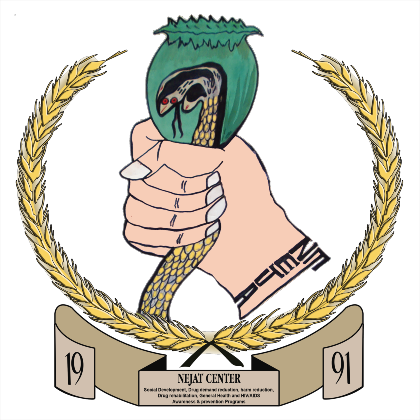Drug Rehabilitation
Drug rehabilitation is a comprehensive process designed to help individuals
overcome substance use disorders and reclaim their lives. Effective
rehabilitation goes beyond mere abstinence; it addresses the multifaceted
nature of addiction, incorporating various therapeutic approaches tailored to
meet the unique needs of each individual.
In this exploration of drug rehabilitation, we will delve into several
critical components:
1. Clinical Treatment: This foundational aspect
includes detoxification, medication-assisted treatment (MAT), and
evidence-based behavioral therapies, all aimed at addressing the physical and
psychological challenges of addiction.
2. Counseling and Therapy: Emotional support plays
a vital role in recovery. Individual, group, and family counseling sessions
help individuals confront underlying issues and foster healing.
3. Peer Support: Programs such as Alcoholics
Anonymous and Narcotics Anonymous provide invaluable mutual support, allowing
individuals to share experiences and encouragement on their recovery journey.
4. Holistic Approaches: Integrating practices like
yoga, meditation, and art therapy promotes overall well-being and helps manage
stress, contributing to a balanced recovery process.
5. Life Skills Training: Essential skills training
equips individuals with the tools needed for job readiness, financial
management, and making healthy lifestyle choices, laying the groundwork for
long-term recovery.
6. Aftercare and Relapse Prevention: Ongoing
support is crucial for maintaining sobriety. Aftercare programs offer resources
and strategies to help individuals navigate the challenges of life
post-rehabilitation.
7. Community-Based Support: The involvement of
community resources creates a robust network of care, ensuring individuals have
the support they need as they reintegrate into society.
